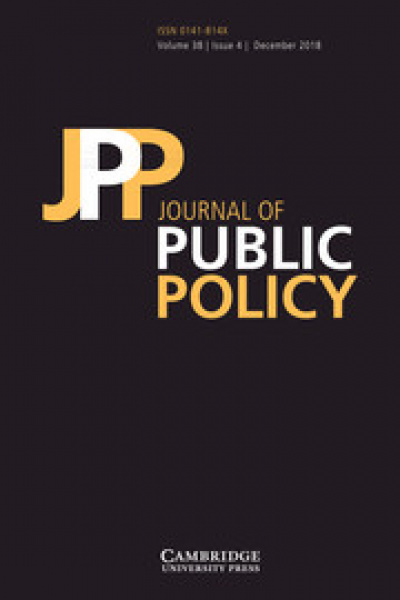Between faith, expertise and advocacy.
The role of religion in European Union policy-making on immigration

This article analyses the place of religion in European immigration policy. Focusing on the role of faith-based organizations, the purpose is to know how religious issues, actors and references are dealt with in the policy-making process. The method relies on document analysis and qualitative interviews. Our conclusion is mixed: overall, the logics of interactions between religion and immigration are the same at the European and national levels. Religion is neither a proper policy issue nor a legitimizing resource. It is an ethical inspiration and gives credentials to actors from majority denominations, but religious contents have to be translated into secular terms. However, whereas at the national level tensions surrounding Islam have strengthened the political role of minority religions, this is not the case in the European Union. Rather, the policy field is dominated by Christian organizations, who utilize their expertise and influence to act as immigrants’ advocates rather than immigrant representatives.
| Type | Article |
|---|---|
| Identificateur | urn:issn:1350-1763 |
| Language | En |
| Length | 1089 1108 |
| Themes |
|
| Discipline(s) |
|
| Publication date | 2015 |
| Notes |
|
| Keywords |
|
| ULB Institutional Reference | http://hdl.handle.net/2013/ULB-DIPOT:oai:dipot.ulb.ac.be:2013/205519 |

